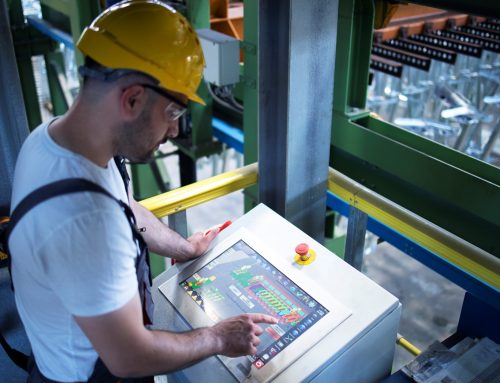Discover how team management can have a positive impact on asset management. Read now!
Team management is a crucial factor for efficient asset management. When operators are trained and prepared, they can apply important concepts of autonomous, predictive maintenance, and other techniques, improving performance and increasing the lifespan of facilities.
Additionally, team integration and positive management can also bring benefits to productivity and the organizational climate.
In this article, we will discuss how team management can positively impact asset management and how it is possible to implement good practices to achieve effective results.
What is team management and why is it important for asset management?
Team management involves coordinating people, resources, and processes to achieve specific goals. In asset management, a well-managed team can apply concepts of autonomous, predictive maintenance, and other techniques to ensure efficient operation and prolong the lifespan of equipment.
Furthermore, a trained and prepared team can identify and correct problems more effectively, avoiding unplanned downtime and reducing idle time.
Team management can also have a positive impact on productivity and the organizational climate, as a motivated and well-led team tends to be more engaged and collaborate more effectively.
How can a trained and prepared team apply essential concepts of autonomous, predictive maintenance, and other techniques in asset management?
With adequate knowledge, the team can identify possible failures and perform preventive maintenance, avoiding unplanned downtime and reducing corrective maintenance costs.
Moreover, applying maintenance management concepts can help the team understand the importance of assets and how they impact the company’s productivity. This can increase process efficiency, customer satisfaction, and organizational profitability.
What are the benefits of team integration and positive management for productivity and the organizational climate?
This is a thought-provoking issue, as in many companies, teams work independently without interaction or collaboration between them. But this lack can represent a missed opportunity to optimize operations.
The truth is that when teams are aligned and working together harmoniously, they can achieve better and more efficient results.
Positive management is a leadership model that focuses on the strengths of the team and employees, seeking to improve and motivate them. This approach encourages employees to feel more involved with the company and their tasks, increasing motivation and job satisfaction.
Additionally, positive management can also improve the relationship between leaders and followers, creating an environment of trust and mutual respect. With these benefits, the company can achieve better performance and a healthier organizational culture.
There is no denying that in many cases, good results depend on the management skills of leaders. Team management is a fundamental practice to ensure equipment efficiency and availability. Positive management brings several benefits to productivity and the organizational climate.
Try to improve your management through Manusis4. Request a demonstration and learn more!






Leave A Comment